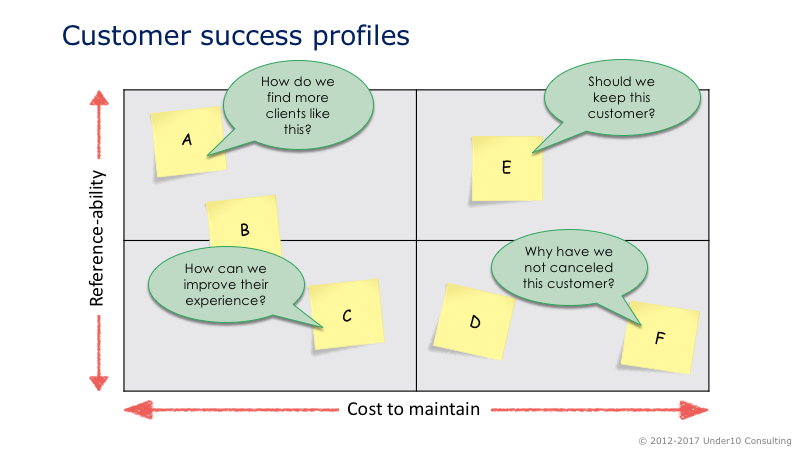The Customer Isn't Always Right

Do you ever get unreasonable requests from customers—or their sales reps? You’re not alone. Is there such a thing as a bad customer? Yes, sometimes. We all get requests from customers—some reasonable and some otherwise. In the back of our minds, there’s a little voice saying, “The customer is always right. Right?”
Are all customers always right?
L.L. Bean sent this in a note to their customers:
Increasingly, a small, but growing number of customers has been interpreting our guarantee well beyond its original intent. Some view it as a lifetime product replacement program, expecting refunds for heavily worn products used over many years. Others seek refunds for products that have been purchased through third parties, such as at yard sales.
It’s certainly reasonable to return a garment that hasn’t held up. It’s clearly a violation to buy a used shirt at a yard sale and expect a full refund. Good for them for challenging this abuse but L.L. Bean Inc. is now facing a breach of warranty lawsuit for the new policy. It’s unreasonable to return a set of tires to Nordstrom even though legend says they will allow it. (They don’t).
Many companies implement new policies after every unreasonable scenario. Before too long, they have an unwieldy set of procedures and pricing models with a bunch of “if” and “when” statements.

A product manager called her boss to say she’d made a mistake. He said, “What you should have done…” and launched into a long policy discussion. She admitted she knew the policy but had just made a one-time mistake—which was why she was calling her boss.
She said it was just like the “TPS Report cover sheet” scene in Office Space.
Are your customers unreasonable? Rarely! But when they are, ask yourself:
- Has it happened before?
- Is it happening often?
- Is our current policy vague?
When considering requests, look for the patterns. Is this a one-time thing? When in doubt, defer to the customer. If it’s happening often, it may be time to reconsider your policies.

